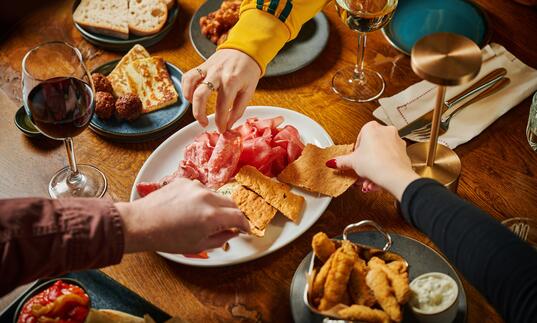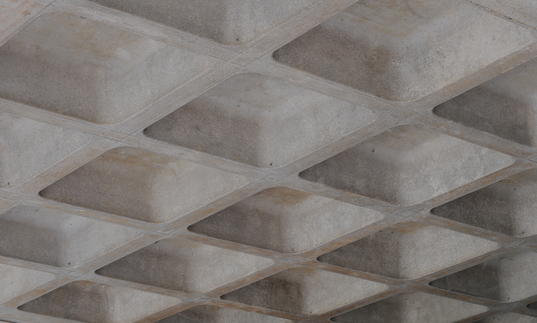Joshua Redman: Still Dreaming
The performance will begin promptly at the advertised start time of 7:30pm
Running time: 2 hours 15 minutes including interval
Approximate set times:
19.30pm Duncan Eagles Trio
8pm interval
8.20pm Joshua Redman
All times are approximate and subject to change
Please note all timings are approximate and subject to change

Kevin Le Gendre speaks to Joshua Redman about jazz, his creative process and his father’s legacy ahead of his performance
‘New bottle, old wine’ is a poetic image for a fundamental principle in jazz. It refers to the process of reinterpreting, reviving and rebooting songs of the past with the energy and ideas of the present. When saxophonist-composer Joshua Redman decided to perform the music of the legendary ensemble Old and New Dreams he was upholding this culture, but there was also a compellingly personal subtext to the project. The quartet, active between the late 70s and late 80s, was jointly led by his father, saxophonist Dewey, trumpeter Don Cherry, double bassist Charlie Haden and drummer Ed Blackwell. All of the above played with Ornette Coleman, a visionary who ushered in daring new approaches to composition and improvisation.
Redman, who actually played with Dewey, as well as Haden and other Coleman alumni, Billy Higgins and Pat Metheny, in the early 90s, was moved to launch his Old and New Dreams project four years ago following Haden’s death. ‘There was a memorial [for him] in January 2015 at Town Hall in New York that I was a part of,’ Redman explains. ‘I found myself, immediately after, listening to his music and a lot of music my father was a part of. That music got in my ears again, and it was really deep and powerful. I had the idea shortly after of putting a band together that would play Old and New Dreams’s music and somehow take it as a point of inspiration.’
A consistently strong presence on the American jazz scene for the past 25 years, Redman, whose impressive discography includes both quartet and orchestral works such as 1994’s Moodswing and 2013’s Walking Shadows, has worked with a number of excellent musicians – he had specific players in mind: drummer Brian Blade, double bassist Scott Colley, a former Haden protégé, and cornet player Ron Miles all signed up for the gig. The quartet made a warmly received debut in 2015 and then took that momentum into the studio. Their 2017 album, Still Dreaming, was an engrossing invocation of the spirit of both Old and New Dreams and Ornette Coleman through a series of original songs that skilfully straddle avant-garde and populist sensibilities.
‘We play a lot of Ornette’s music and Don [Cherry]’s music and my dad’s music, but I chose more of our originals and less of the Old New Dreams book,’ Redman says of the compositions that are featured on Still Dreaming. And the songs we did take were the more well-known pieces. The thing about Old New Dreams’s music, and I think the same could be said of Ornette’s music… the songs themselves are very complex, but they’re not complex in terms of the pre-written material.’
‘They’re like these little chants. One of the things that I’ve always loved about Old and New Dreams is that they can play so freely and abstractedly and also very raw and angular. But they do it in a way that’s so melodic and also rooted and grounded. There’s a folk music quality, like it’s somehow folk and free at the same time.’
True to that ethos the music has a hearty rhythmic bounce and warm, singing themes that then fan out into more complex, often criss-crossing narratives. Old And New Dreams and Coleman were known for ecstatic live gigs, and Redman’s band has understood that the exchange of ideas among the players on stage is at a premium.
Blade and Colley make for a wonderfully flexible rhythmic backbone while Redman and Miles, who is best known as a longstanding collaborator of guitar great Bill Frisell, display an enviable chemistry.
Redman, who has drawn on many tenor and soprano saxophone models to forge a personal identity that is often characterized by lengthy, crisp, darting lines, makes no secret of the significant impact that the cornet, rather than the more commonly used trumpet, has had on the ensemble sound.
‘To me there’s just a maybe little more melancholy and vulnerability in that [the cornet],’ he argues. ‘So maybe there’s something about the timbre of the saxophone and cornet that kinds aids that…. like two human voices conversing with each other. Ron’s completely in the moment, he doesn’t force anything. In that way he balances me. I’d like to think that at my best I’m that kind of player too, but I can also rush things and force things. So we converse, and we also act as good foils for each other.’
This kind of interaction was a vital part of the heavenly music made by Redman senior, Cherry, Haden and Blackwell. Redman junior, Miles, Colley and Blade have kept their old and new dreams alive by creating a courageous imaginary reverie of their own.
Produced by the Barbican in association with Serious
Running time: 2 hours 15 minutes including interval
Approximate set times:
19.30pm Duncan Eagles Trio
8pm interval
8.20pm Joshua Redman
All timings are approximate and subject to change
Performers
Joshua Redman - saxophone
Ron Miles - trumpet
Scott Coley - bass
Brian Blade - drums
+ support from Duncan Eagles Trio
Duncan Eagles - saxophone
Max Luthert - double bass
Dave Hamblett - drums
Discover

Listen: Joshua Redman - Still Dreaming
Joshua Redman is joined by drummer Brian Blade, bassist Scott Colley, and trumpeter Ron Miles for Still Dreaming, an album inspired by his father Dewey Redman's band Old and New Dreams.
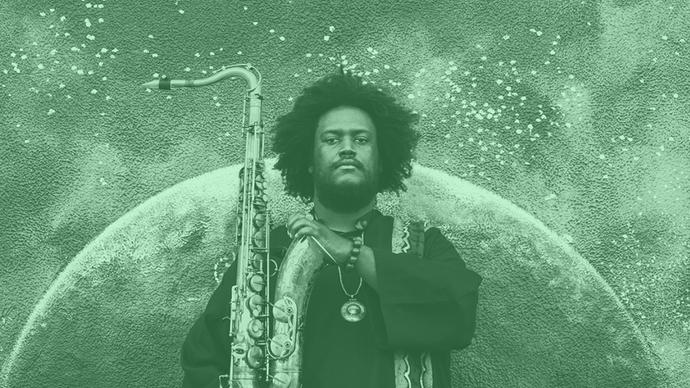
Listen: Jazz on Spotify
Follow our regularly updated Jazz playlist for a sample of the music you'll hear across our programme.
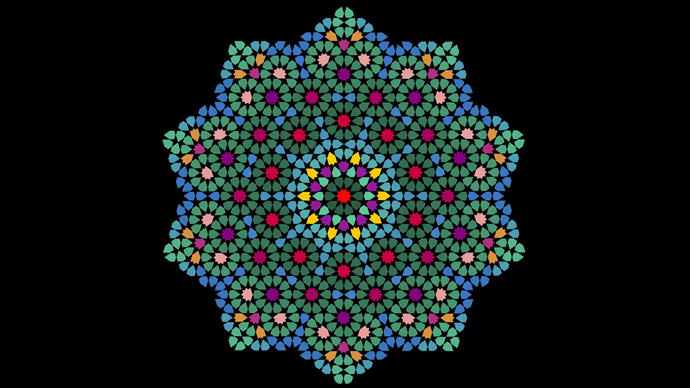
An introduction to Sufi Music
Navid Akhtar takes us on a brief journey through Sufi music – from its roots all over the Islamic world, to its influence on Western music.
You might also like...

with Joey Calderazzo, Eric Revis & Justin Faulkner
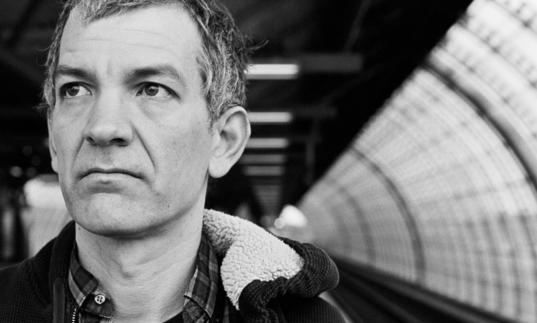
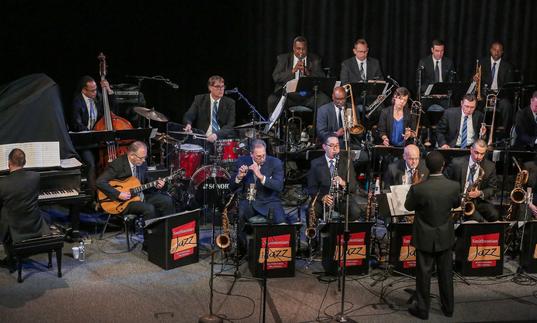
with Hubert Laws
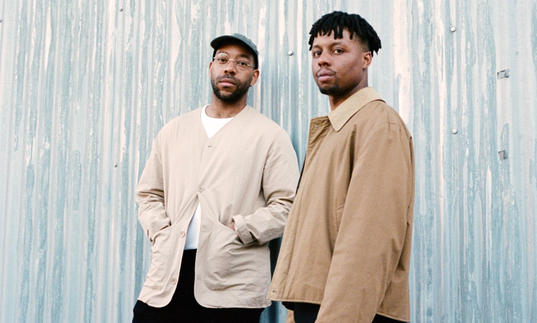
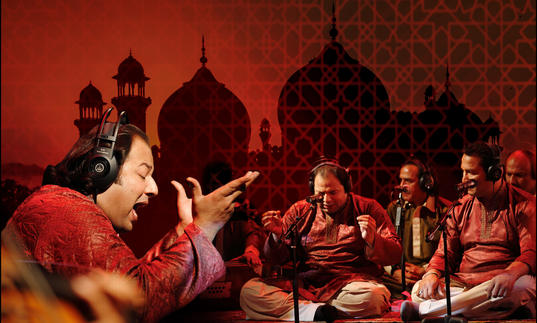
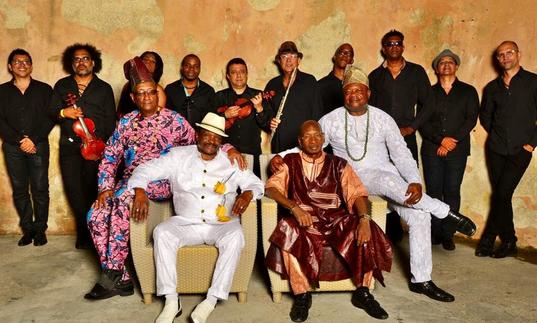
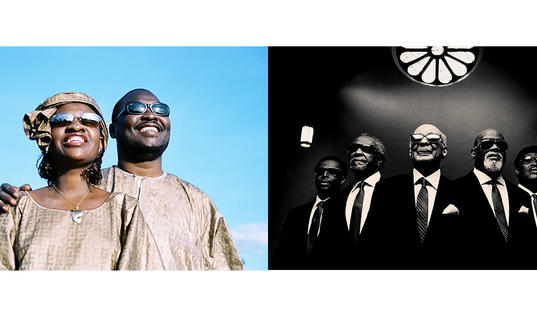
From Bamako to Birmingham
Barbican Hall
Location
The Barbican Hall is located within the main Barbican building. Head to Level G and follow the signs to find your seating level.
Address
Barbican Centre
Silk Street, London
EC2Y 8DS
Public transport
The Barbican is widely accessible by bus, tube, train and by foot or bicycle. Plan your journey and find more route information in ‘Your Visit’ or book your car parking space in advance.
We’ve plenty of places for you to relax and replenish, from coffee and cake to wood-fired pizzas and full pre-theatre menus
Mobility
Spaces for wheelchair users in row U at the rear of the stalls (up to sixteen, depth of row 180cm) and the back row of the circle (four), both with fold-down companion seats. Some seats in row S of the stalls for people with very limited mobility.
Assistance dogs
Assistance dogs may be taken into the concert hall where there are a limited number of suitable seats in row G of the stalls. If you prefer, you may leave your dog with a member of the cloakroom staff during the performance.
Hearing facility
There is an induction loop in the concert hall. You can use this by adjusting your hearing aid to the ‘T’ setting.
Free large-print programmes
These are available for most of our concerts. Please contact [email protected] at least a week beforehand, to prebook a large-print programmme.
For more access information, please visit our Accessibility section.
Plan your visit
Meet friends, grab a drink, drop in to one of the free installations on Level G before the show - here's what else is happening at the Barbican when you visit.

Tonight the World
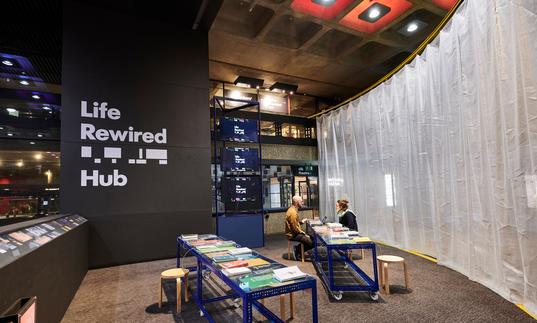
Part of Life Rewired

The Liminal Space

